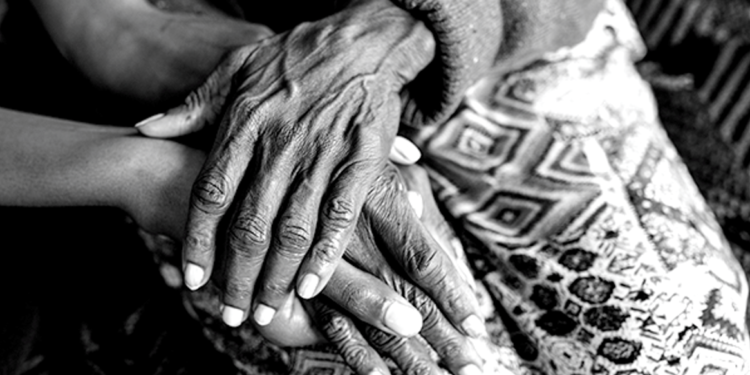A new survey has brought to light significant health care disparities faced by Black women in Ohio. The survey, which gathered input from 500 women of color living in the state’s major cities, reveals that over half of the respondents feel their health concerns are often dismissed. Nearly half reported feeling discriminated against due to their race.
“I’m just glad to be able to say that I’m alive today. I do have scars on my scars,” said Pastor Octavia Clay of New Fellowship Baptist Church.
Clay has endured numerous health challenges over the past two years. After undergoing a routine back surgery, she fell into a coma for three months, a situation she believes was caused by her doctor’s mistakes.
“While I was in the coma,” Clay said, “I needed a lung transplant, but was denied.”
Doctors advised her family to prepare for the worst, but her family pushed for continued care, ensuring every effort was made for her recovery. Clay was one of several advocates speaking at the Statehouse following the release of the survey conducted by the CEO Project, which focused on the health care disparities Black women face.
“We really wanted to hear from directly impacted people about the issues they face in accessing health care,” said Tami Lunan, Care Economy Organizing Director at the Ohio Organizing Collaborative.
The survey examined factors such as access to medical providers, the affordability of health insurance, patient-provider relationships, and experiences with discrimination in health care settings. One striking finding was that nearly 56% of respondents experienced stress due to medical debt.
“The high cost of health care was a major concern for Black women surveyed in the report,” said Kathryn Poe, a researcher at Policy Matters Ohio. “Health insurance coverage for respondents was similar to the general population, with many likely being on Medicaid or Medicare due to age distribution. Despite high levels of coverage, half of the respondents reported stress from medical debt.”
Tami Lunan added, “We’re hoping the survey results will lead to policy initiatives that we’ll advocate for in the budget and beyond. If Black women are healthy, that means Black families are healthy.”
The survey also found that 40% of respondents struggled to find a medical provider they felt comfortable with, and nearly 47% felt discriminated against because of their race in the health care system. Clay emphasized the importance of doctors treating patients as individuals, not based on their skin color, and called for lawmakers to push for more policies to address these disparities in Ohio.
“I want to see policies that address the financial inequities in the health care system,” Clay said. Source: Spectrum News 1

















